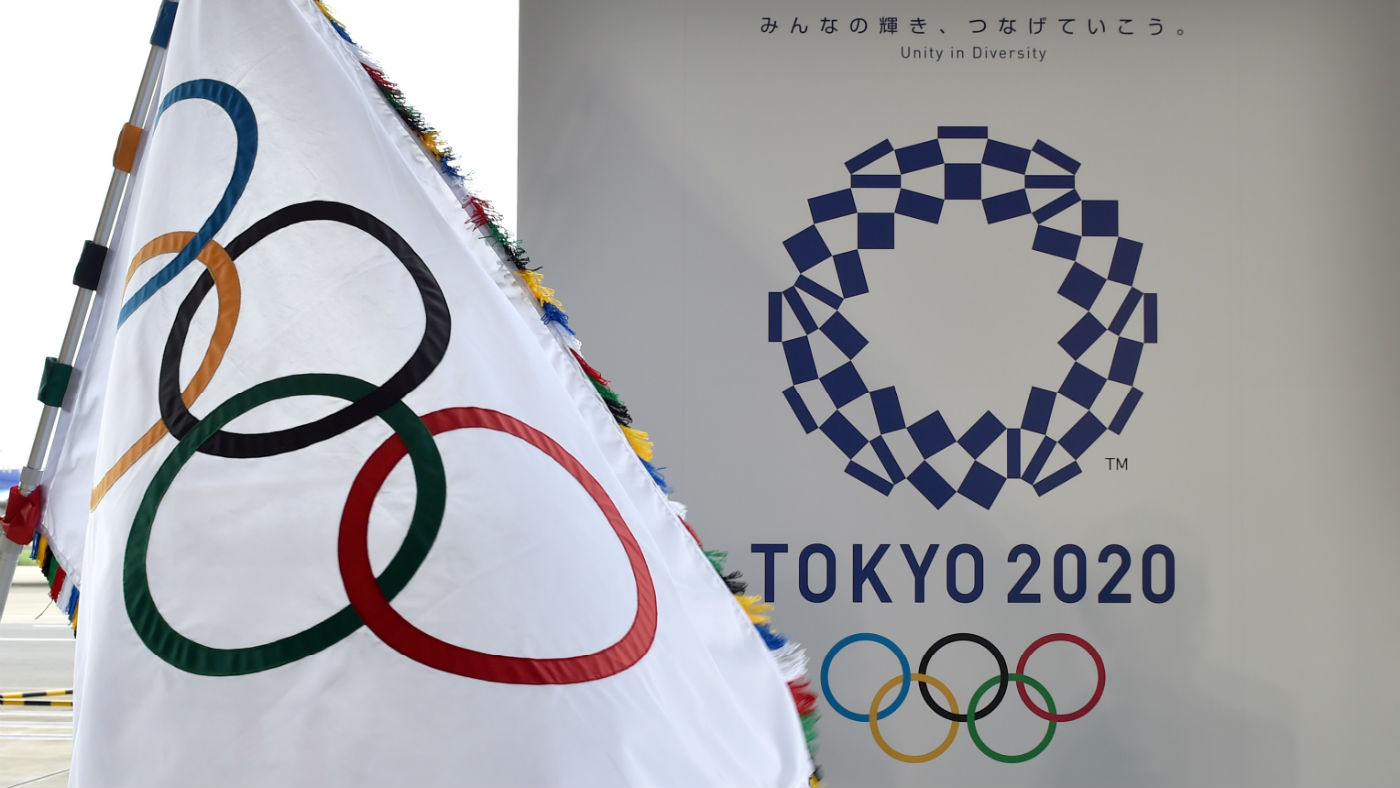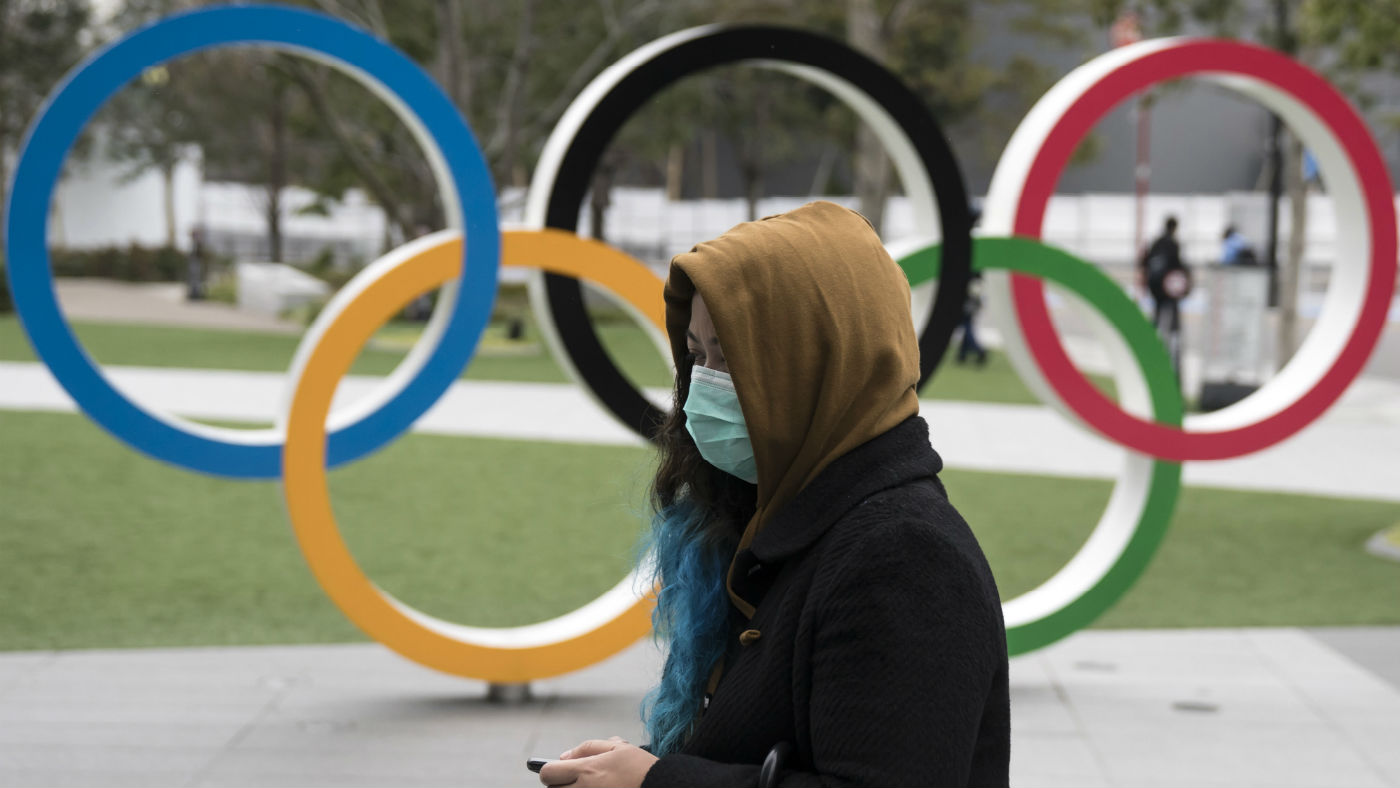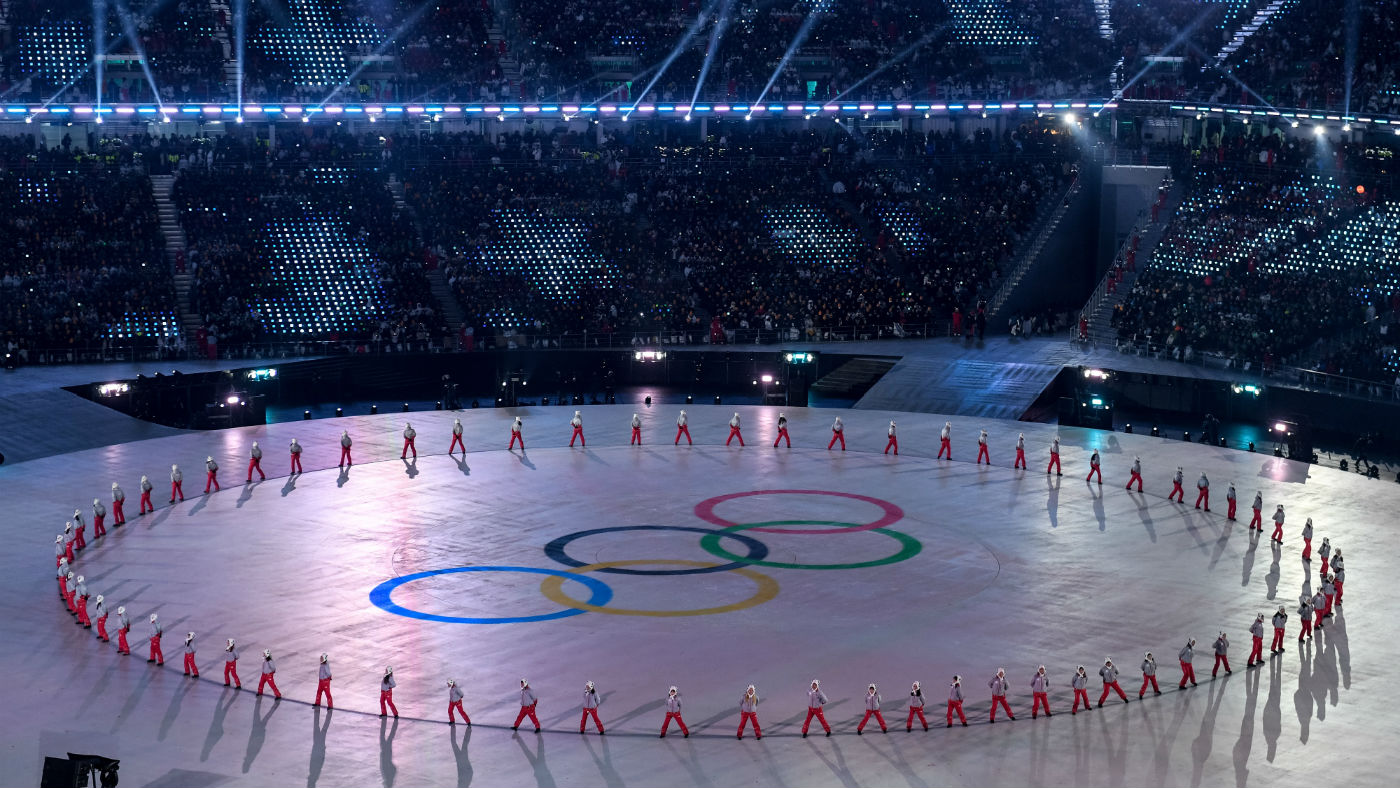‘Cities should avoid hosting the Olympics’: is it time to scrap the Games?
Oxford study says Tokyo’s bill has already hit $15.84bn and will be the most expensive ever

A free daily email with the biggest news stories of the day – and the best features from TheWeek.com
You are now subscribed
Your newsletter sign-up was successful
Having been forced to delay the Olympics for 12 months because of Covid-19, officials in Tokyo have said that next year’s Games must be held “at any cost”.
Speaking at a news conference this week, Japan’s Olympic minister Seiko Hashimoto insists that the Games will happen in 2021 regardless of the state of the global pandemic, Reuters reports.
“Everyone involved with the Games is working together to prepare, and the athletes are also making considerable efforts towards next year,” Hashimoto said. “I think we have to hold the Games at any cost. I want to concentrate all our efforts on measures against the coronavirus.”
The Week
Escape your echo chamber. Get the facts behind the news, plus analysis from multiple perspectives.

Sign up for The Week's Free Newsletters
From our morning news briefing to a weekly Good News Newsletter, get the best of The Week delivered directly to your inbox.
From our morning news briefing to a weekly Good News Newsletter, get the best of The Week delivered directly to your inbox.
International Olympic Committee (IOC) vice-president John Coates also stressed that the event will start on its revised date in 2021 and he believes it will be the “Games that conquered Covid”.
Coates told Agence France-Presse: “It will take place with or without Covid. The Games will start on 23 July next year. The Games were going to be, their theme, the Reconstruction Games after the devastation of the [2011] tsunami [in Japan]. Now very much these will be the Games that conquered Covid, the light at the end of the tunnel.”
Despite the IOC’s confidence, The Guardian says public support is “waning” in Japan. A recent poll found that two-thirds of respondents would prefer the Olympics to be postponed a second time or cancelled.

Mega events cost mega money
A free daily email with the biggest news stories of the day – and the best features from TheWeek.com
In 2013 Japan had originally estimated that the Tokyo 2020 Olympics would cost in the region of $7.3bn (£5.6bn), Front Office Sports reports, but the year-long postponement and infrastructure upgrades have caused the spending bill to soar.
At $14.95bn (£11.5bn) the London 2012 Games are the most expensive Olympics to date, but a new study by the University of Oxford’s Saïd Business School claims that Tokyo has already surpassed that amount.
Titled Regression to the Tail: Why the Olympics Blow Up, the study’s lead author Bent Flyvbjerg told the Associated Press that Tokyo’s cost overrun already exceeds 200%.
According to the study, Tokyo’s spending has hit $15.84bn (£12.2bn) and Flyvbjerg expects several billion dollars more from the cost of the delay.
The IOC disputed the numbers in the study and said: “This gives the completely wrong impression that these infrastructure budgets serve only the four weeks of Olympic Games competition and must be ‘written off’ immediately afterwards. This is simply not true. It also seems like the legacy of the Olympic Games is completely left out of the picture.”

‘Cities should avoid Olympics’
Is it time to scrap the Olympics? That’s the question asked by the University of Oxford. Due to the consistent spiralling cost overruns associated with the summer and winter Olympic Games, the research team at Oxford concluded that “cities should avoid hosting them altogether”.
“The Olympics offer the highest level of risk a city can take on,” Flyvbjerg told AP. “The trend cannot continue. No city will want to do this because it’s just too expensive, putting themselves into a debt that most cities cannot afford.”
Oxford’s researchers say the risk for host cities is huge. “Our study has established that all Olympic Games experienced high cost overrun, averaging 172%,” they said. “Our new findings suggest that for the Games, there is a ‘regression to the tail’ - with overruns for individual Games so variable that the expected overspend for host nations stretch into infinity. Deep disasters such as earthquakes, tsunamis, pandemics, and wars tend to follow this type of risk distribution.
“The Olympics are a megaproject like no other. For hosts, there is no option to reverse their decision, no chance to control costs by trading budget against schedule or scope and a legal obligation to cover all costs.
“The International Olympics Committee, the governing body for the games, is in deep trouble. Its brand and product - the world’s biggest sporting event - are deeply damaged.”
The Tokyo Olympics take place in 2021 from 23 July to 8 August. Paris will host the 2024 summer Games and Los Angeles will be host city in 2028. The next Winter Olympics will be held in Beijing in February 2022.
Mike Starling is the former digital features editor at The Week. He started his career in 2001 in Gloucestershire as a sports reporter and sub-editor and has held various roles as a writer and editor at news, travel and B2B publications. He has spoken at a number of sports business conferences and also worked as a consultant creating sports travel content for tourism boards. International experience includes spells living and working in Dubai, UAE; Brisbane, Australia; and Beirut, Lebanon.